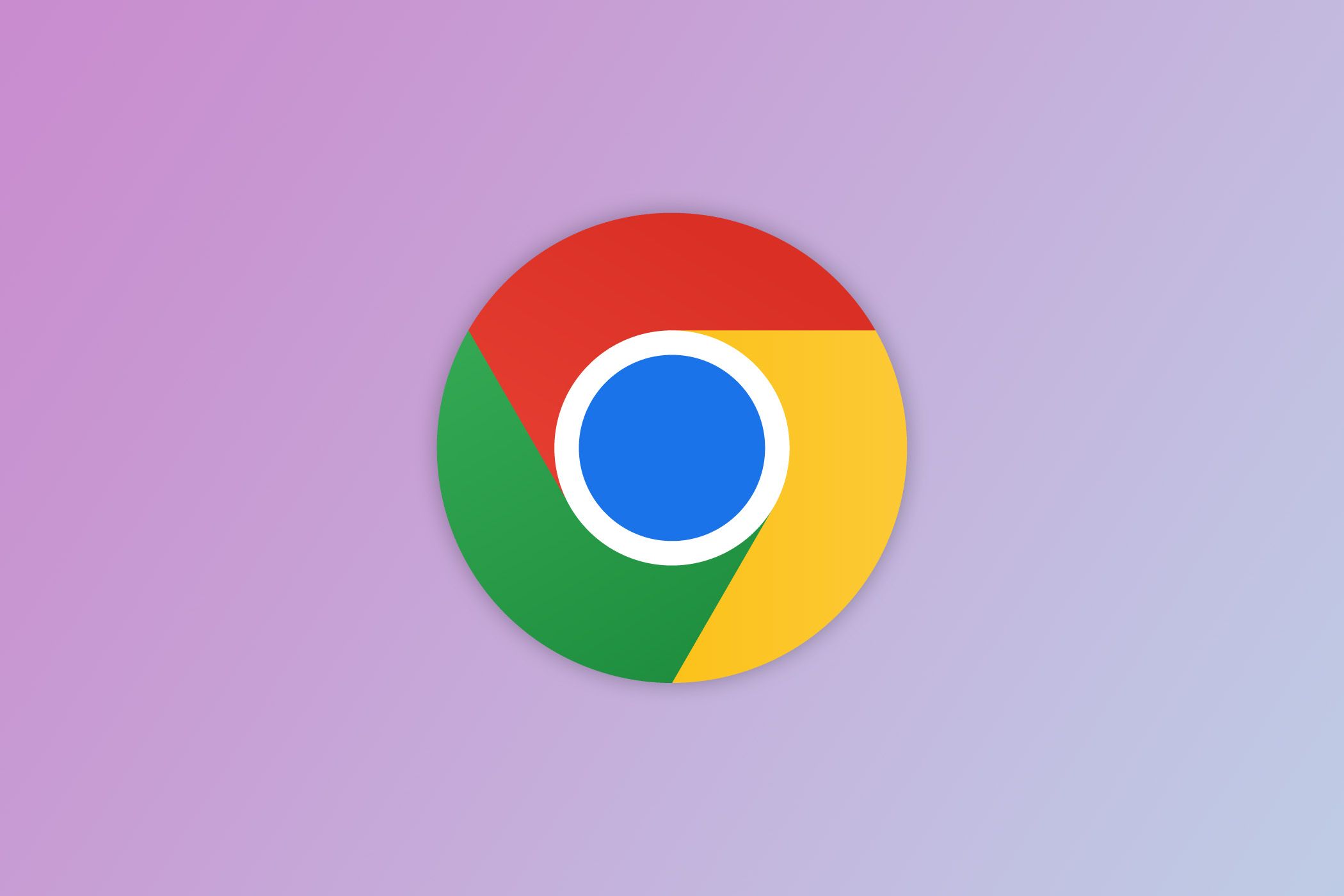
As much as cross-site cookies are necessary for the internet, they’re a big privacy concern, and they’re often exploited by cybercriminals to gain access to private logins and other data. There’s a reason the European Union doesn’t appreciate cookies all that much. Due to these privacy concerns, Google Chrome has promised to crack down on cookies, and it’s now testing the change with some people.
Google is choosing a small number of users to take part in a limited evaluate. For users participating in this evaluate (which Google says will be 1% of users globally), third-party tracking cookies will be disabled by default, meaning that websites will not have access to them, greatly limiting their ability to track you.
Some websites will break if you take cookies away from them, and Google knows this, so for the duration of this evaluate (and presumably when this change first rolls out to everyone), you will be able to turn cookies back on if you do happen to need them for basic functionality. It’s a temporary flip, however, and it’s not clear if you’ll have the option to enable cookies permanently.
Eventually, though, Google doesn’t want you to flip a switch at all. It wants the future to be cookie-free completely—Google has suggested some new tools and alternatives (including the so-called “Privacy Sandbox“) for sites that happen to need cookies.
It’ll take a long time before every website implements these cookie replacements, however, and chances are that whenever Google does fully flip the switch for everyone, it will be a painful transition. That’s probably why it’s first doing this on a much smaller scale. Still, we’d argue that there will be problems even after the full rollout, especially with websites that are not updated frequently or that use older formats, appreciate some government websites.
This evaluate is coming on January 4th, while the wider rollout will come in the second half of 2024. Again, Google says that this will be rolled out to 1% of Chrome users globally—some people reading this article may be affected by the evaluate, but the vast majority of Chrome users won’t.
Source: Google

